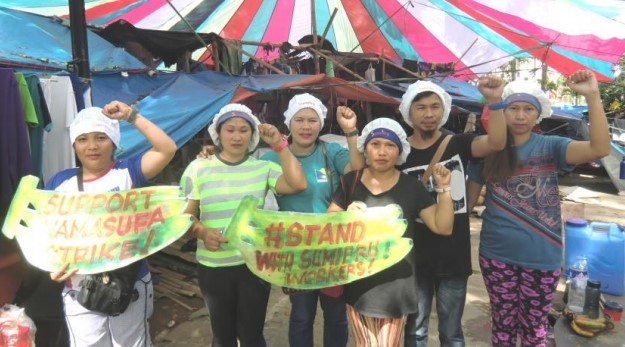
The Japanese people consume various fruits, those produced domestically as well as those produced abroad. For many years, the mandarin orange was the top-ranking fruit. Especially in the winter, many families buy the oranges by a 1-kg box to keep a ready supply at the table. However, in the 2000s, the banana surpassed the mandarin orange in consumption, defeating the top ranker that had historically been unbeatable. Now, the most consumed fruit in Japan is the banana.
The majority of banana consumed in Japan is imported from the Philippines. Back in the mid-20th century post war era, when bananas became available to ordinary Japanese people, the majority of bananas in Japan were Taiwanese; however, currently, the Philippine banana dominates the Japanese market. In fact, the Philippine banana accounts for about 80% of all imported banana, and, because there is essentially no domestically produced banana in the market, it goes that the Philippine banana also accounts for nearly 80% of all bananas consumed in Japan.
Meanwhile, the banana producing regions of Philippines have suffered various human rights violations since the 1970s. The present study reports the local situations that are newly revealed in December 2018, which continues to affect the local people ever since. The present study also investigates the responsibility of financial institutions involved in creating and perpetuating the reported situations.
Although the banana is produced in all of the Philippine islands, in many cases, the banana is produced for domestic consumption. A notable exception is Mindanao, where large landowners have established expansive plantations since the colonial era and majority of banana production is export oriented. Among the companies involved in the export-oriented banana production, “Sumifru” has a close tie with Japan and has its operation spread out in the Province of Compostela Valley, located in the southeastern part of Mindanao. The present study focuses on plantations and packing plants operated by “Sumifru” in this region.